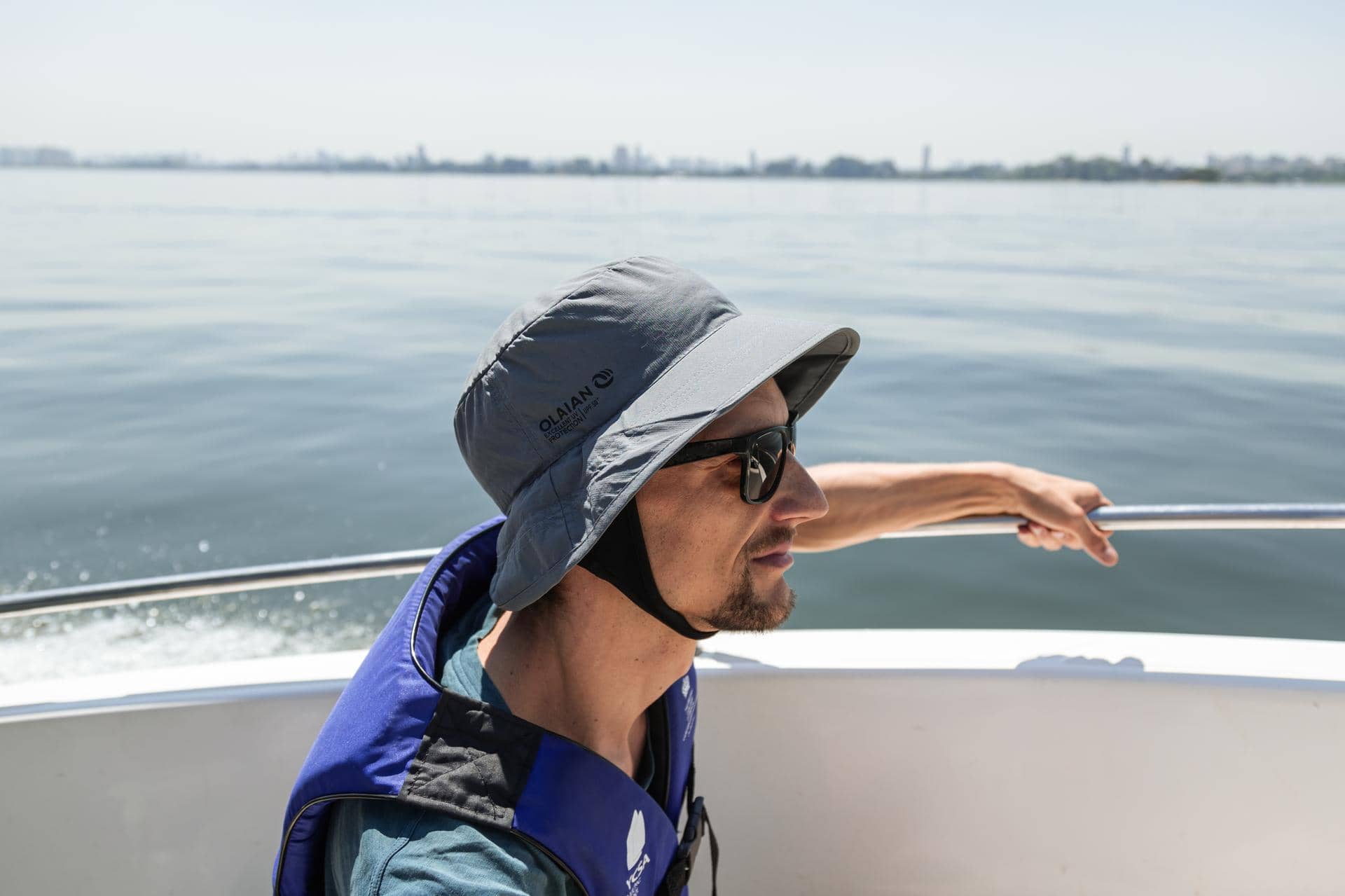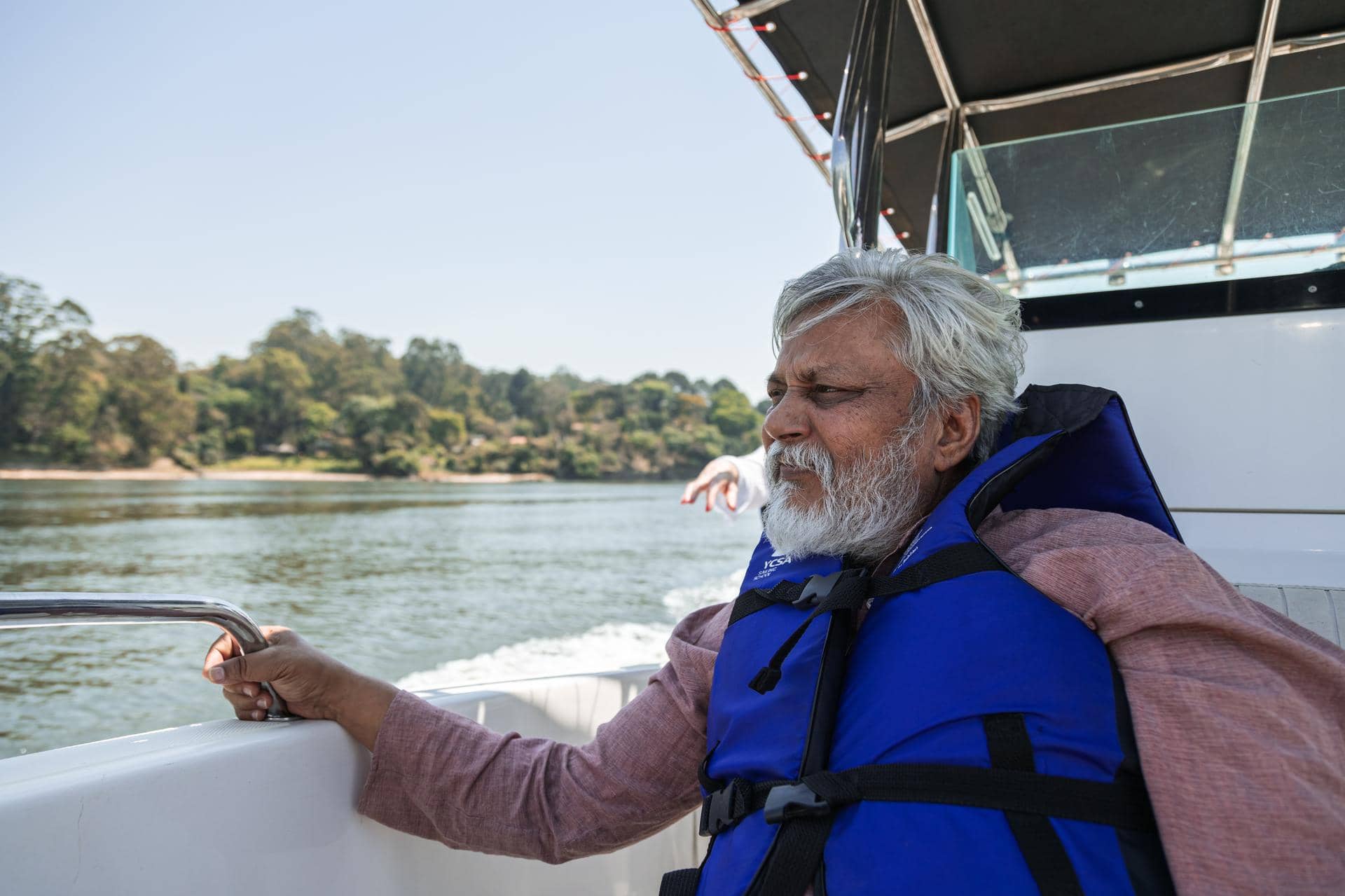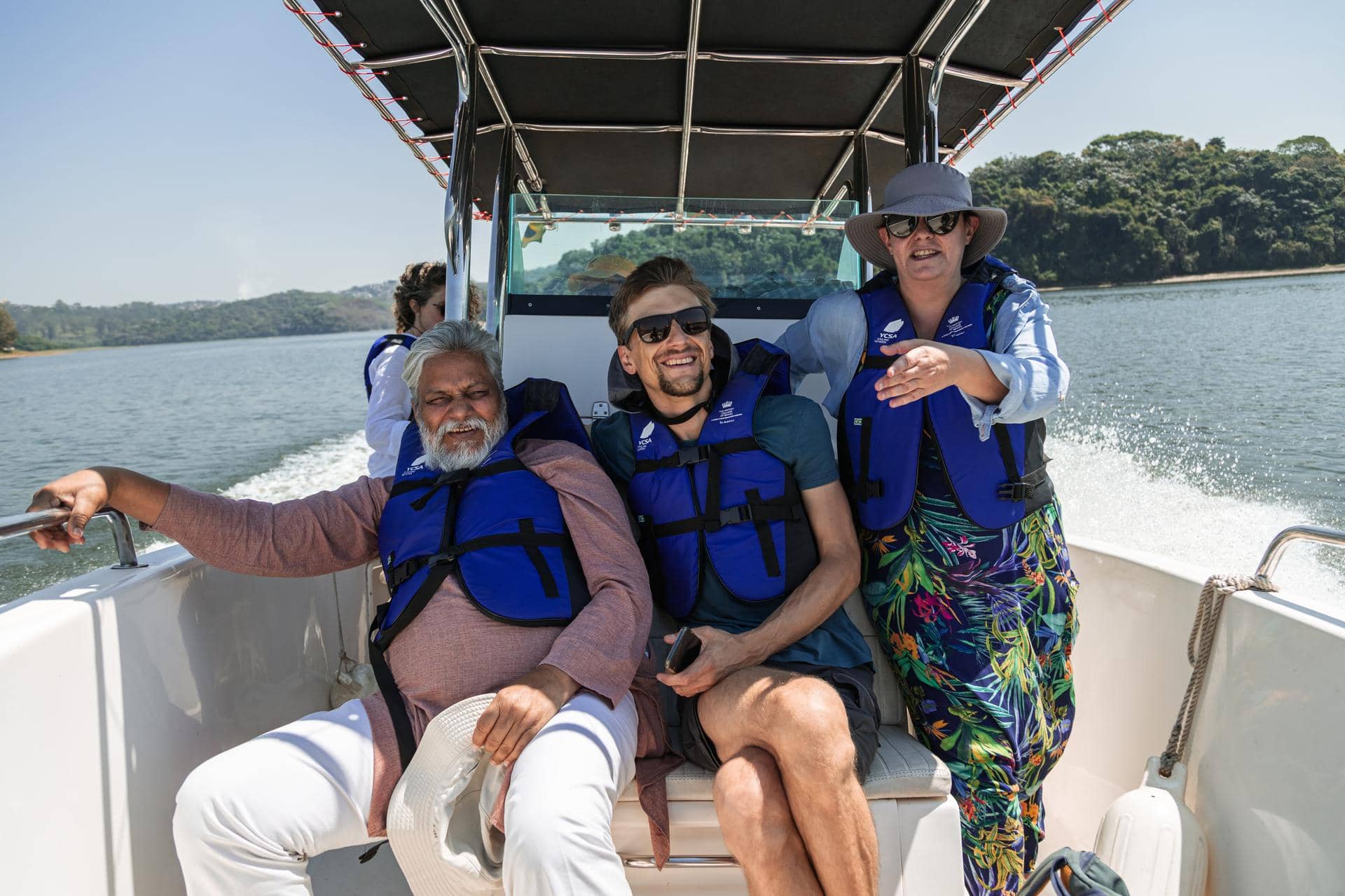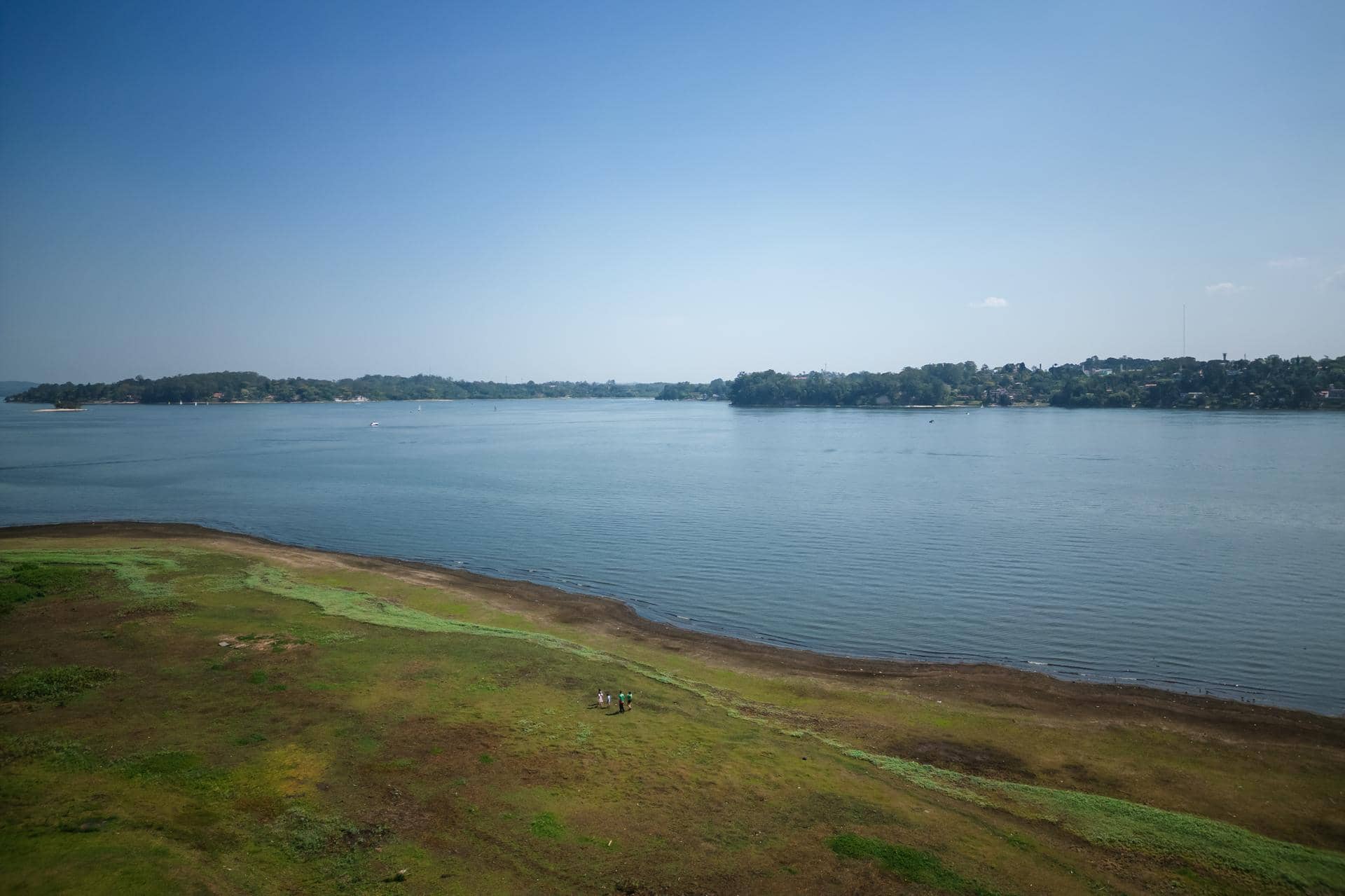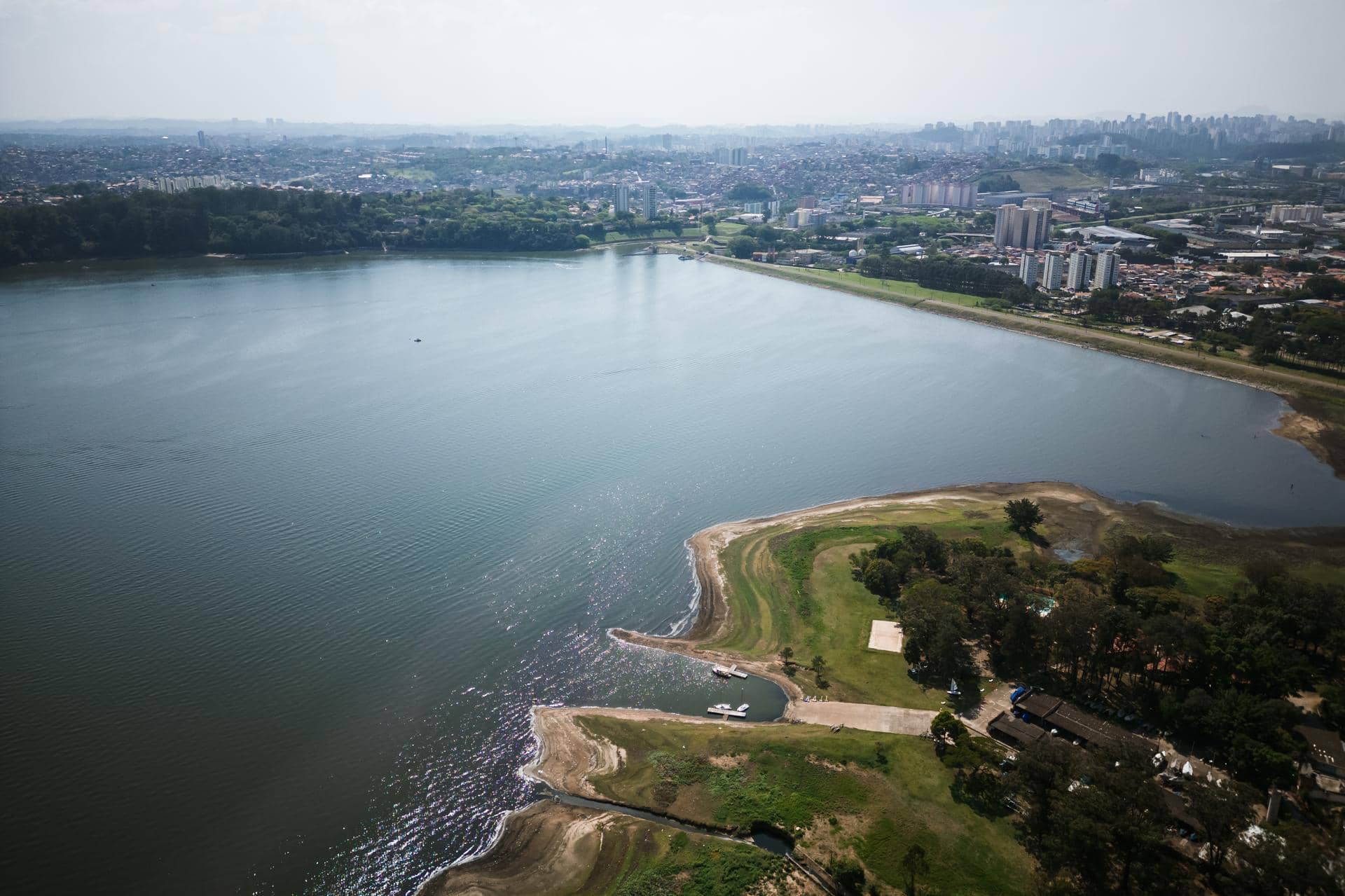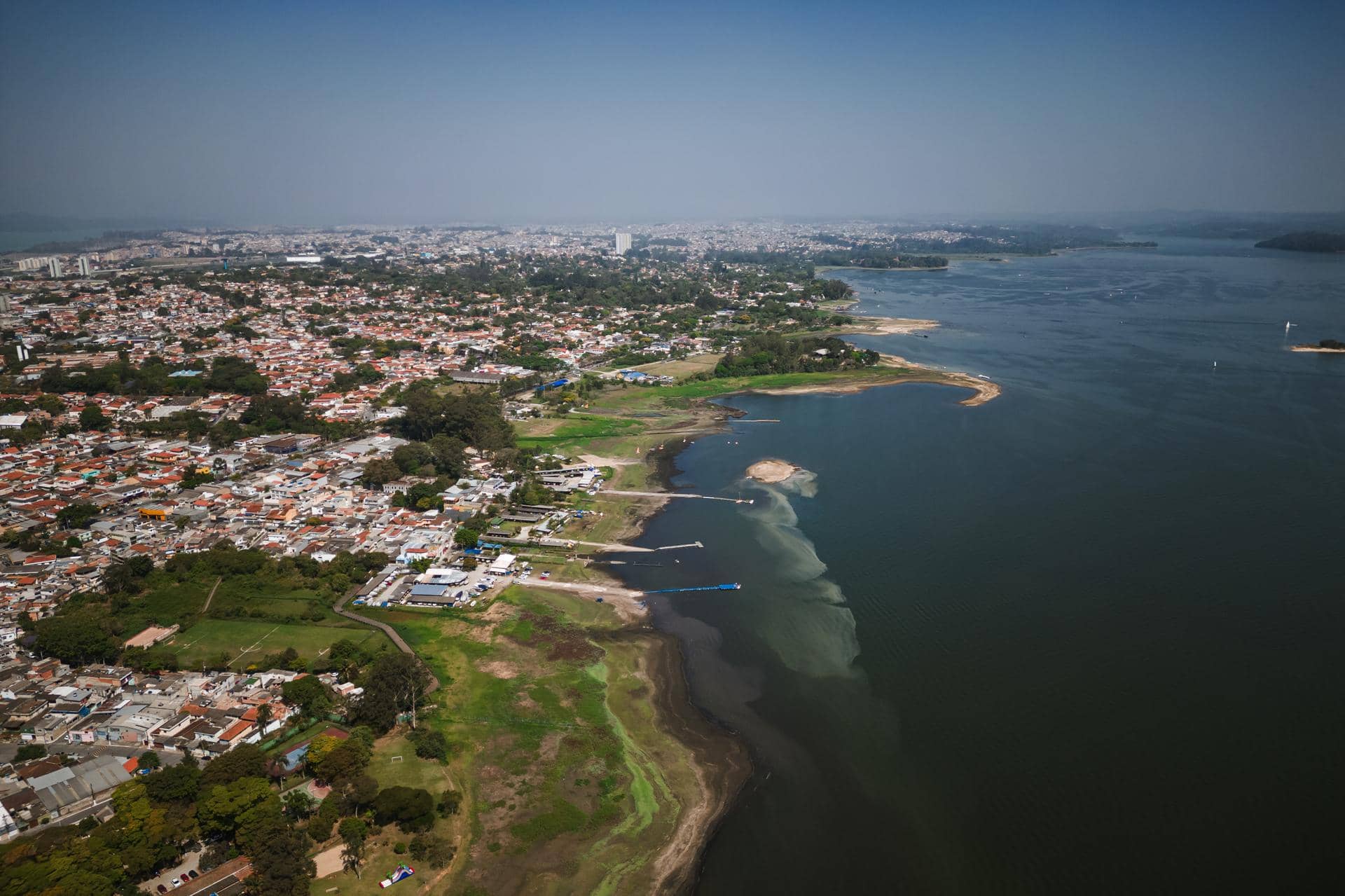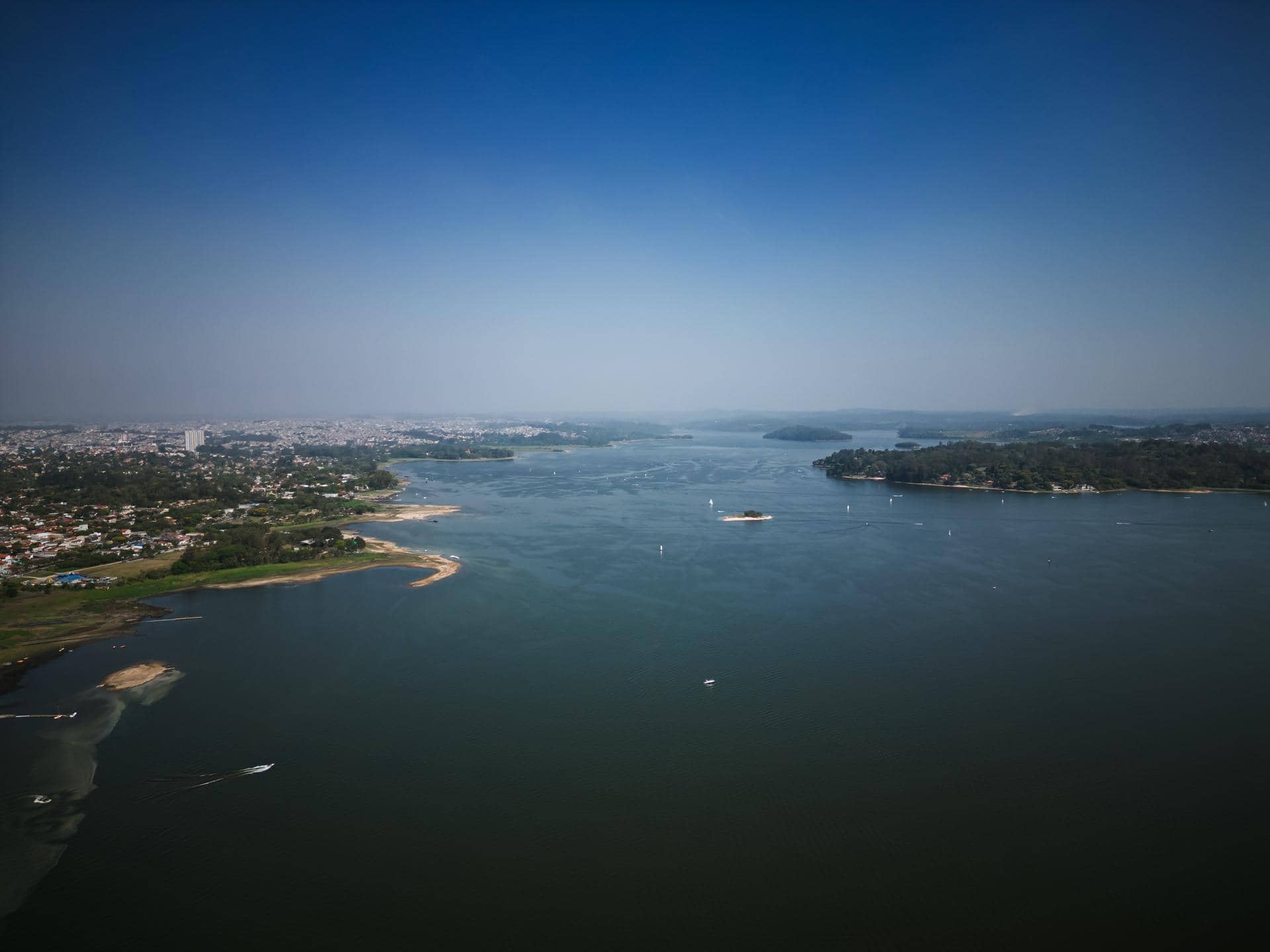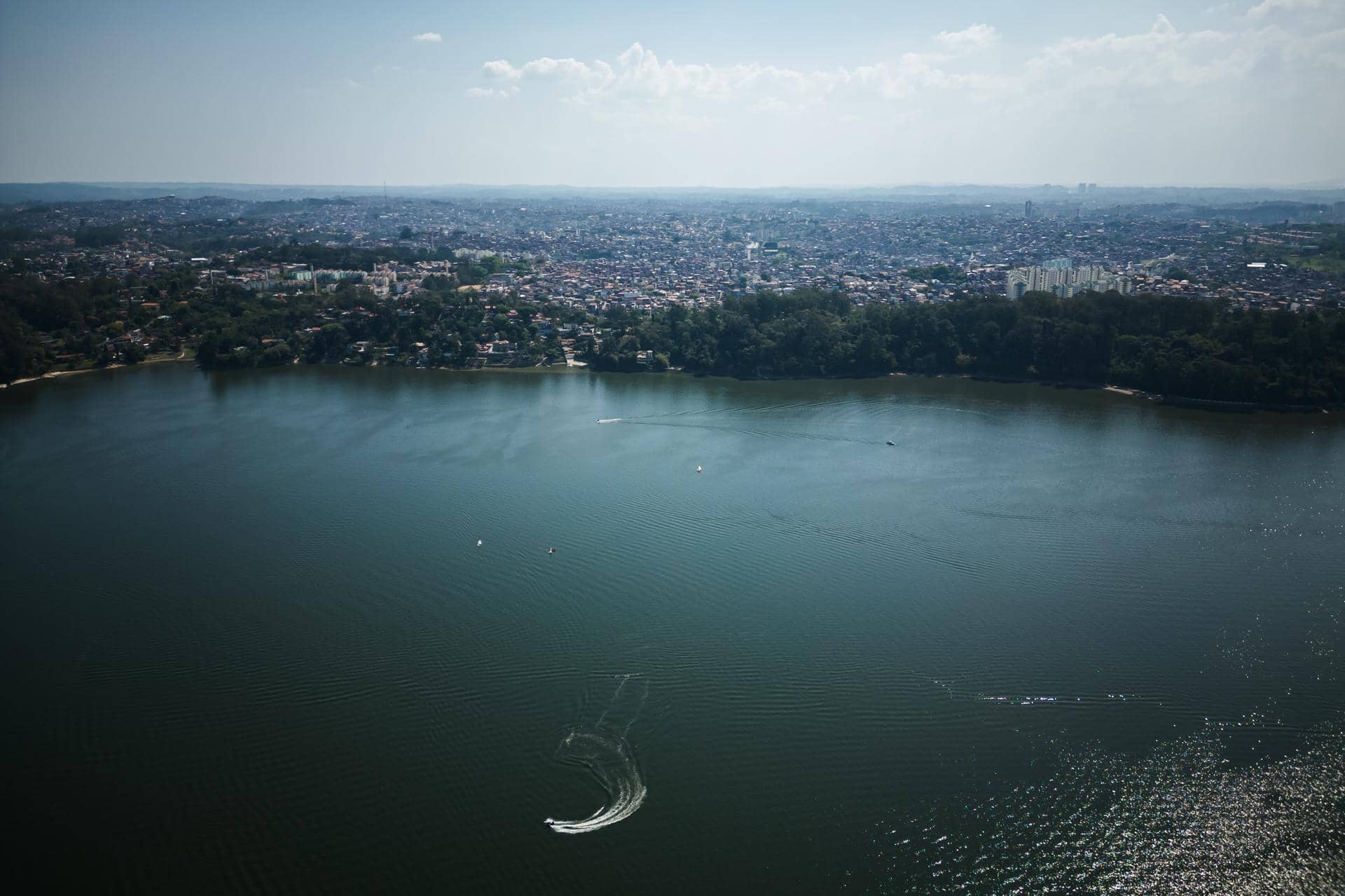'The connection with nature has been broken', says Martin Winiecki, from Tamera Project
Speaking to IAS, the representative of an environmental initiative in Portugal believes that more and more people are questioning the unsustainability of contemporary ways of life
Published in 27 Oct 2023
Written by By the IAS team
Tags:
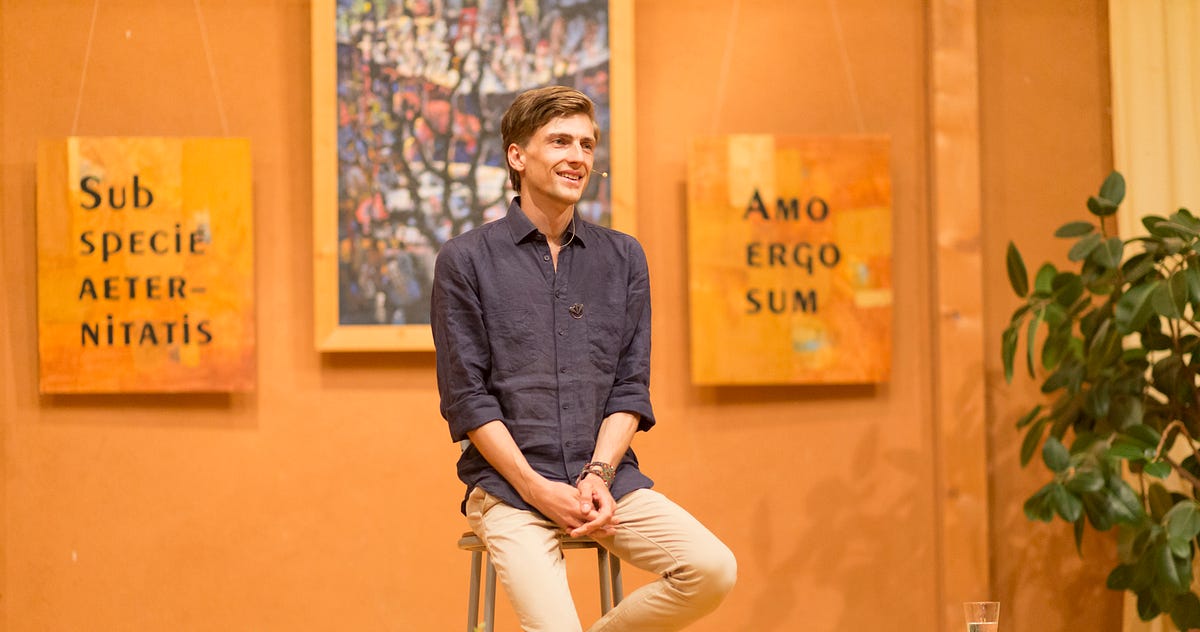
Located in the Alentejo region in Portugal, the Tamera Project is a community of around 160 people that works on restoring water cycles and ecosystems. In addition to practical work, the Tamera Project proposes a critical view of contemporary ways of life, which are environmentally unsustainable, and seeks to create what it calls “autonomous and decentralized models for a post-capitalist world.”
Tamera's representative, Martin Winiecki, from Germany, came to the Virada Sustentável Forum, held in São Paulo in September, to talk about the initiative. In addition to Tamera, Winiecki was one of the leaders of a successful campaign to end fossil extraction in Portugal. He has published articles on sites such as Kosmos Journal, Common Dreams, TruthOut and Films For Action.
“The extractive society has caused a collapse in ecosystems and water cycles. More and more people feel that this is not just an ecological issue or one of our economy, but that the connection with nature has been disturbed,” said Winiecki in an interview with IAS held on September 23rd, on the banks of the Guarapiranga Dam, the day after his speech at the Forum.
In the conversation, Winiecki spoke about the Tamera Project, the issues surrounding water in Portugal and the relationship between water and climate change.
Learn more about the Tamera Project
Alongside Rajendra Singh, the “waterman of India,” Winiecki took part in a boat trip around the dam promoted by the IAS. The aim was to show in situ issues that affect the second largest water source in the city of São Paulo.



